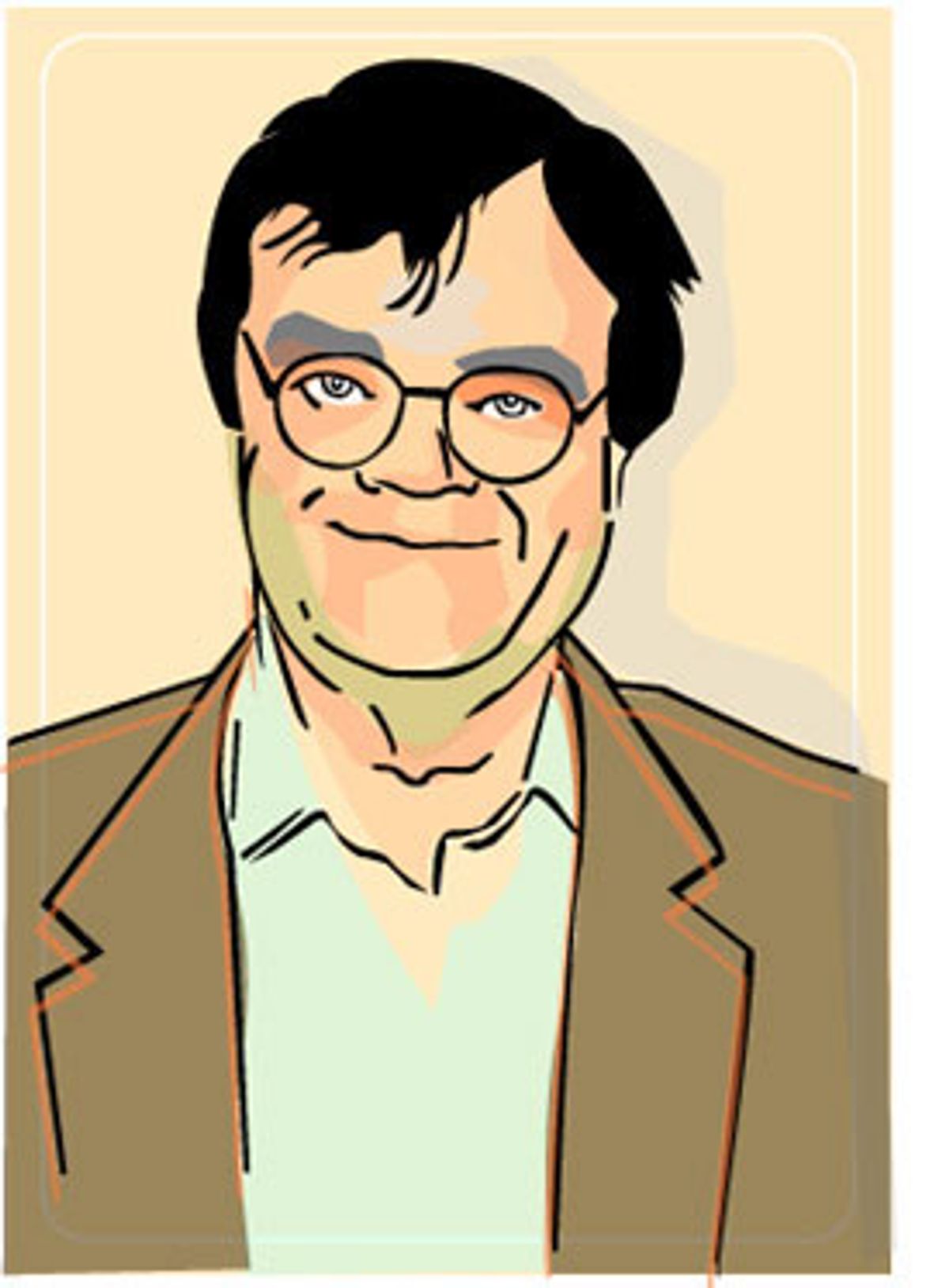My mother told me the other day that there's a lot she'd like to know but there's nobody left to ask. Mother is 91 and her mind is sharp and she feels her losses. Of her 12 siblings, only one remains. All of the others whose reminiscences she used to enjoy have gone on to their rewards. The door to the past is closed.
And now my cousins and I gather around her and she identifies people in old photographs for us. People on Minneapolis boulevards in the '20s and '30s, somber men and giddy children, three young blades and a Model A Ford, a girl in a pinafore seated on the photographer's pony. Soo Line employees, jackets off, the long sleeves of their white shirts rolled up, at a company picnic. A boy in knickers, and a small serious dog.
There is a picture of Grandpa, grinning, hoeing a row of cabbages in a garden near Hastings in 1932. I don't remember seeing Grandpa grin. I remember him as a fretful old man. It's Annabel Wright's garden. Grandpa's wife Marian died a few years before and here he is courting this attractive widow who lives on a farm. I imagine that he goes out for the day, leaving his children back on Longfellow Avenue in Minneapolis, and he is happy on his day off, but mainly he is grinning at the lady holding the camera, Annabel, the lady he is aiming to marry. That is romance on Grandpa's face. A man who fathers 13 children is a man of serious energy. The picture is a revelation. The ancestor was a whole person, not a cartoon.
There's a lot I'd like to know about my ancestors -- what was on their minds? -- but they left no record of that. Memoirs are a luxury of the upper middle class. People who've been working on the railroad tend not to sit down in the evening and write elaborate thoughts in their journals. They're too tired. And in our family, personal identity was considered self-indulgence. A good disciple of the Lord should be conformed to His Will, expressing what's on His Mind, not your own, which works against the memoiristic impulse.
Sometimes I take myself back to 1953, the year Grandpa died, when I was 11. The overwhelming boredom of that summer, relieved by library books and radio shows. And then in August my dad taking me with him to New York on an errand for a family friend. Her husband was stationed with the U.S. Army in Germany and she wanted his brand-new Pontiac shipped over, so Dad drove it to Brooklyn to be loaded aboard a freighter. He had been stationed in New York during the war and had friends there whom he wanted to see. I begged to go and my mother made him take me along. Perhaps she felt that the father of six children should not go waltzing off to Manhattan scot-free. Perhaps she thought it'd be good for me.
It was the trip of all trips. The busy two-lane highway through Indiana and Ohio, the country inn in Pennsylvania with the high poster bed, Valley Forge, the whine of traffic in the Lincoln Tunnel, the towers of Manhattan silvery in the afternoon sun, streets jammed with pushcart peddlers shouting in strange languages, and a hot night in Brooklyn -- too hot to sleep, so Dad and I took a walk to a candy store and bought cream sodas and perched on the curb and drank them.
Across the street was a park in which I could see hundreds of people sleeping on blankets spread out on the grass, families, little kids nestled against their mothers, and on the benches around the perimeter men sat smoking and talking in the dark. An encampment of city people. We walked back to Dad's friends' apartment, and he spread a mattress on the fire escape and we slept there, five stories in the air, headlights passing below us, the elevated train clattering a block away.
I came back to Benson School as the only boy in the sixth grade to have seen New York City. Enormous status. Royalty, almost. A girl asked me if it was true that trains ran underground and went fast, and I said, yes, it was true and I had ridden them. It was the first time I had original experience to offer to an audience. That's how a writer is born. You went, you saw, and now you tell the others.
- - - - - - - - - - - -
(Garrison Keillor's "A Prairie Home Companion" can be heard Saturday nights on public radio stations across the country.)
© 2006 by Garrison Keillor. All rights reserved. Distributed by Tribune Media Services, Inc.



Shares